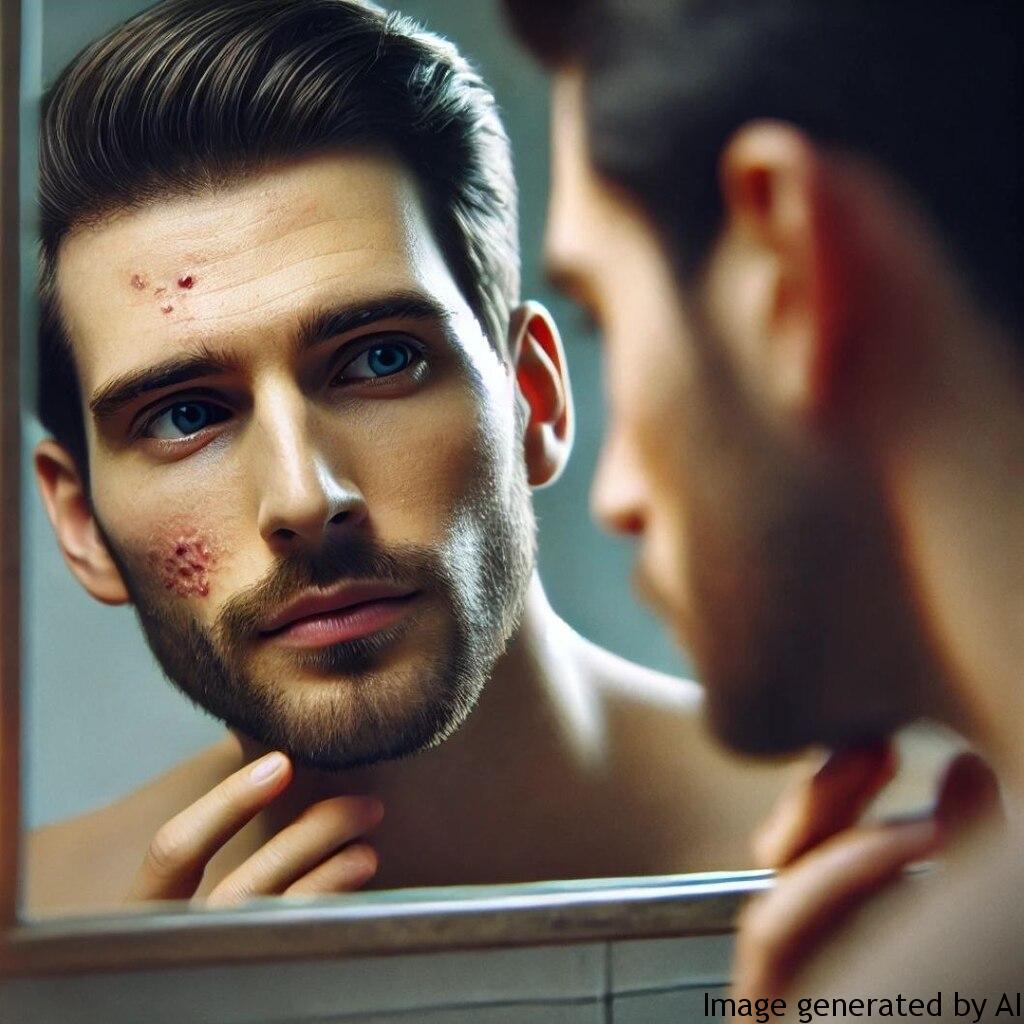Introduction
Libido and skin problems may seem two dramatically separate concerns in a person’s life, but recent studies show a surprising connection between the two. Both of these issues can be influenced by various factors, including nutritional diet, personal hygiene, age, stress, and mental health. Interestingly enough, gender expectations also form a part of the causal factors. For men, in particular, these expectations can have an unexpected influence on both their sexual health, represented in variants of libido, and their dermatological health. This may be due to the pressure society places on masculinity and the immense psychological repercussions this may have on a man. This article will further delve into the unnoticed links between libido, skin problems, and the psychological toll of gender expectations on men.
Description of Gender Expectations and Their Impact on Men’s Mental Health
Gender expectations have shaped societies and individuals for ages. Often, men are expected to be the strong, stoic figureheads, which can lead to an immense load of stress and mental pressure.
Masculinity and Mental Health
Traditional masculinity is often related to traits such as strength, aggression, and lack of emotional expression. This depiction of masculinity can lead to men suppressing their feelings and ignoring mental or physical health concerns for fear of being unmanly. This repression adversely impacts mental health, increasing their susceptibility to stress, depression, anxiety, and other mental health disorders, which may further affect their libido and skin health.
The Stigma around Men’s Health
Few conversations are held around men’s health issues, specifically concerning topics like libido and skin health. The societal stigma often results in men shying away from addressing such issues, further exacerbating the problem. This lack of discourse and consequent ignorance add to men’s mental stress, impacting their overall health.
Examples of How Gender Roles Can Influence Men’s Lives
The gender roles society imposes can have different repercussions on a man’s life. Regarding libido, men often feel the need to be always ready and able for sexual activity, suppress their anxieties and fears about sexual performance. This suppression can lead to stress and anxiety disorders, effecting lowered sexual desire or other sexual dysfunctions.
Skin problems, surprisingly, are also linked to these expectations. The stereotype that self-care routines are ‘feminine’ can discourage men from adequately taking care of their skin, leading to various skin issues. Moreover, stress, a probable result of these gender expectations, is a common trigger for many skin conditions like psoriasis and eczema.
Tips for Improving Mental Health Considering Gender Roles
To break free from these expectations and improve mental health, it is critical to remember that it is okay for men to express their feelings and show vulnerability. Here are a few tips:
- Seek professional help: If you’re struggling with mental health issues, reach out to mental health professionals who can provide guidance and treatment options.
- Communicate: Talk about your feelings with trusted friends or family. This conversation can provide relief from mental stress.
- Practice self-care: Ensure you maintain a healthy diet, exercise regularly, get enough sleep, and take care of your skin. It’s not just a ‘feminine’ thing to do; it’s a human thing to do.
- Education: Read and learn about mental health, gender expectations, libido, and skin health. Awareness is a perfect step towards understanding and solution.
Conclusion
In conclusion, it is clear that the societal expectations of gender roles have a lasting and profound effect on men’s libido and skin health through the vehicle of mental health. By acknowledging and addressing these issues head-on and shedding stereotypical masculine expectations, men can stride towards better mental, sexual, and dermatological health. Its time society destigmatises conversation around men’s health, fostering a culture that values open discussion and inclusivity.

